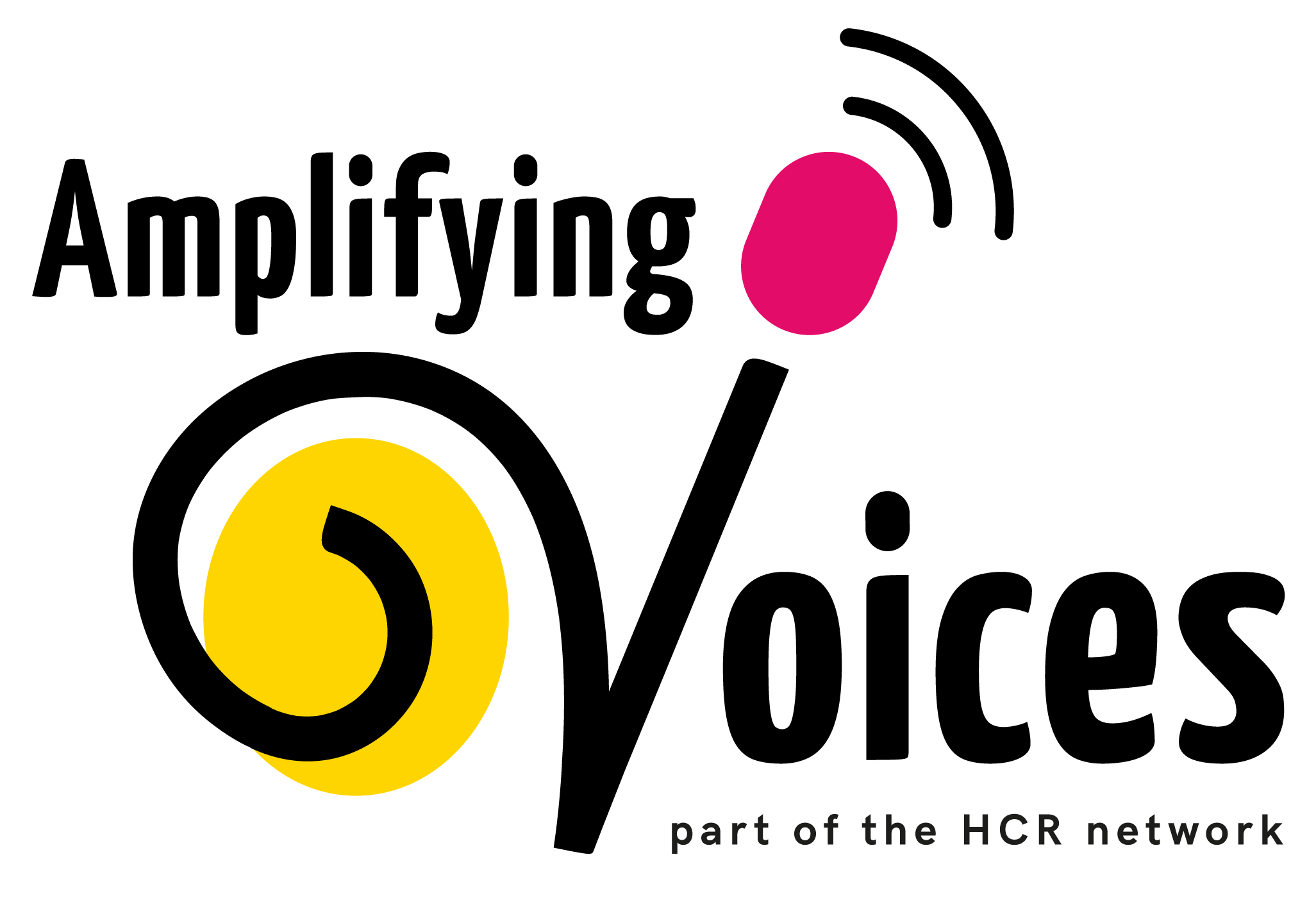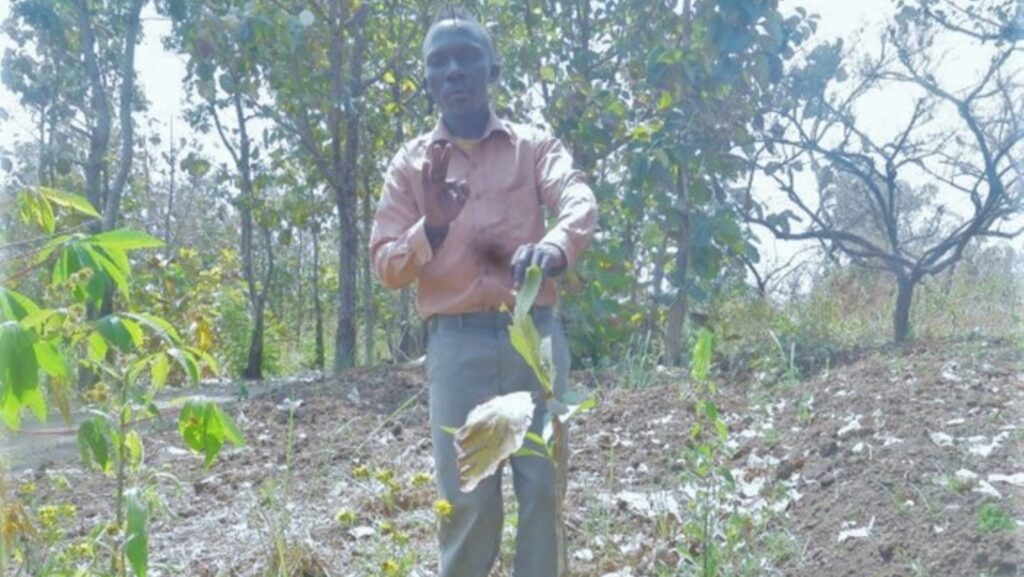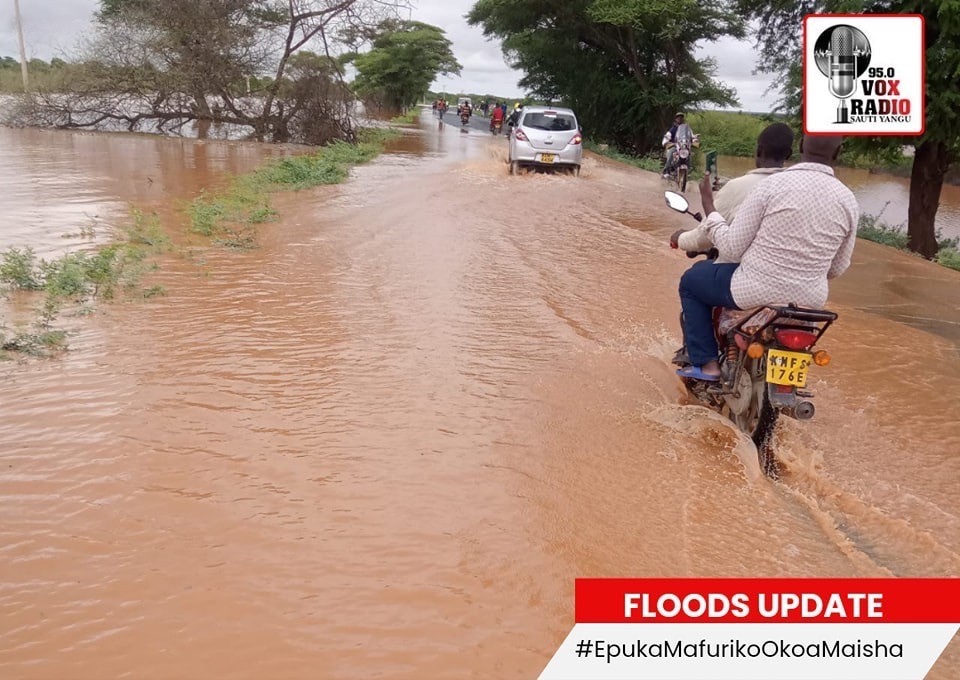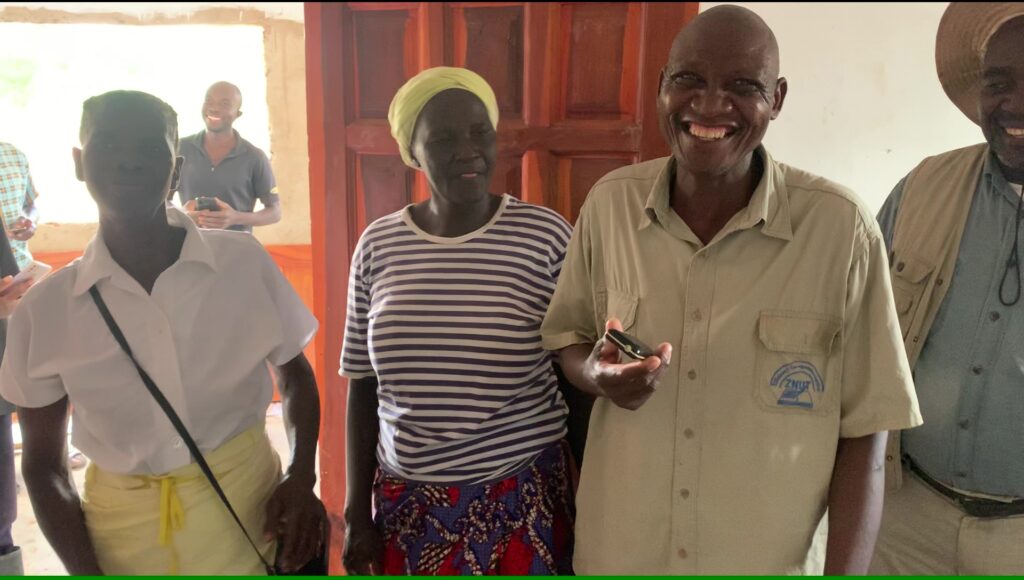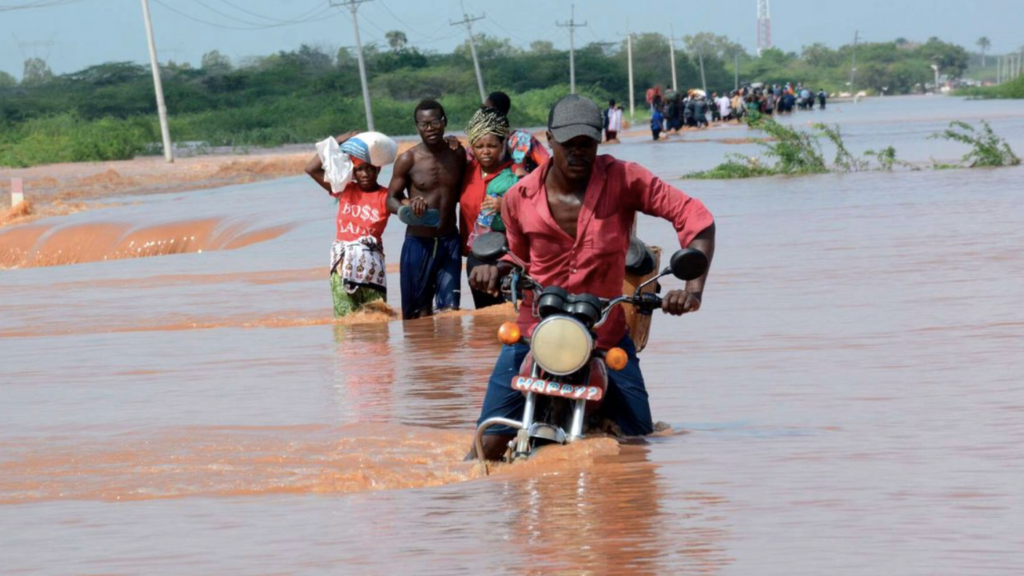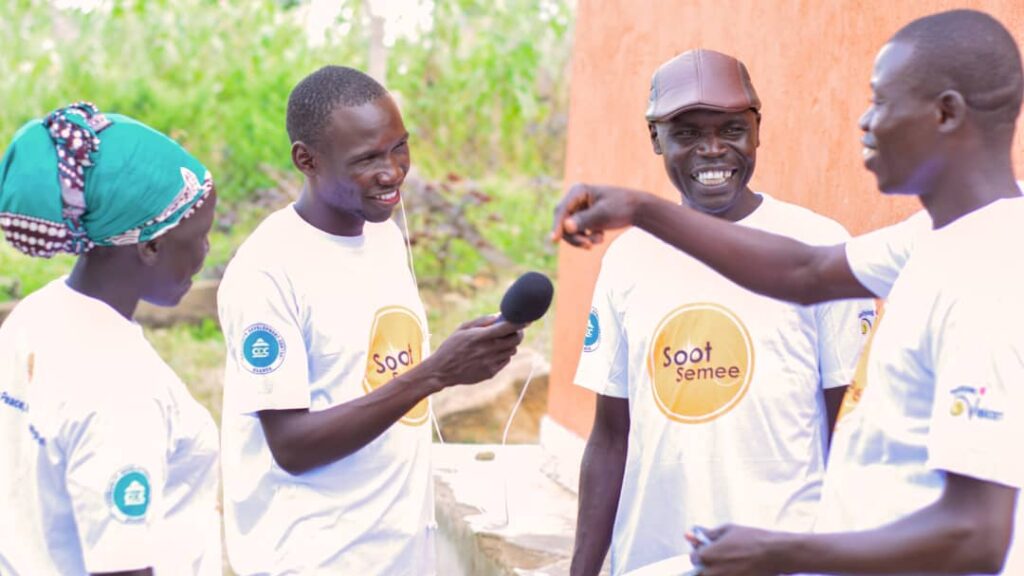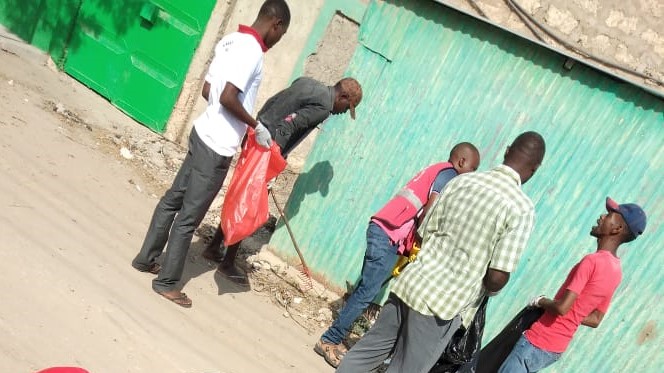Environmental sustainability
Stories and updates about partners addressing environmental sustainability, either through the content they create, or in the way that they implement their community-centred media project.
A tree planting campaign, started on radio, could have far-reaching consequences for gender, climate, and peace in Morobo County, South Sudan.
Read MoreAs we celebrate World Radio Day and the role radio plays in climate change, we look at how one station is making a dramatic difference to communities in Kenya.
Read MoreAfter four years of drought, Vox Radio rallies to become a Lifeline for Tana River County communities which have been devastated by El Niño Floods.
Read MoreAlthough Soot Semee started off as a peacebuilding project, its programmes don’t stop at conflict prevention. They enable an environment where people can flourish. So what does peace look like for community members?
Read More“The garbage situation was getting so bad in our town, that something had to be done about it,” says Harriet Atyang, the station manager of Amplifying Voices’ partner station, Amani FM, in eastern Kenya’s Tana River county. Approached by the Kenya Red Cross in an effort to help the problem, Amani FM was able to go on air and get a conversation going about the importance of keeping the environment clean.
Read More